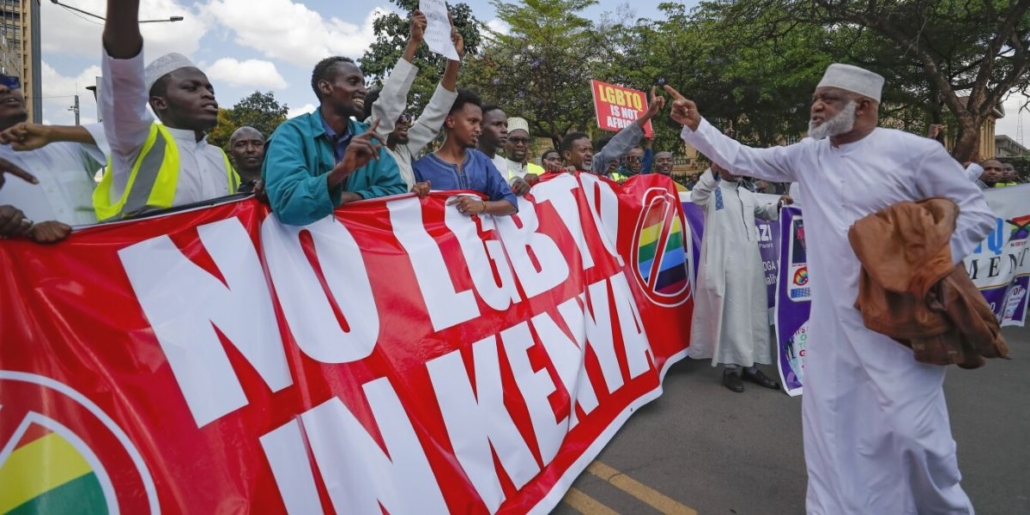In Islam, discussions surrounding LGBTQ+ identities involve navigating complex theological, ethical, and social considerations. Understanding the differences between terms like LGBTQ, LGBTQI, and LGBTQ2 within an Islamic context requires examining both the diversity of human experiences and the principles of Islamic teachings.
LGBTQ (Lesbian, Gay, Bisexual, Transgender, Queer/Questioning):
- Islamic Perspective: Traditionally, same-sex relationships and non-heteronormative identities are often viewed through the lens of traditional interpretations of Islamic teachings, which generally prohibit same-sex sexual acts. LGBTQ individuals may face challenges reconciling their sexual orientation or gender identity with religious beliefs.
- Reference: Traditional Islamic jurisprudence interprets Quranic verses and Hadiths to emphasize the institution of heterosexual marriage and prohibit same-sex relations. However, contemporary discussions within Islam involve reexaminations of these interpretations in light of principles of justice, compassion, and human dignity.
وَلُوطًا إِذۡ قَالَ لِقَوۡمِهِۦٓ أَتَأۡتُونَ ٱلۡفَٰحِشَةَ مَا سَبَقَكُم بِهَا مِنۡ أَحَدٖ مِّنَ ٱلۡعَٰلَمِينَ
And [We had sent] Lot when he said to his people. Do you commit such immorality as no one has preceded you from among the worlds?
Surah Al-A’raf Ayat 80 (7:80 QURAN)
LGBTQI (Lesbian, Gay, Bisexual, Transgender, Queer/Questioning, Intersex):
- Islamic Perspective: Intersex individuals, who are born with variations in sex characteristics that do not fit typical definitions of male or female, raise additional questions within Islamic discourse. There may be differing opinions among scholars regarding the treatment of intersex individuals and their legal, social, and religious rights within Islamic law.
- Reference: Islamic ethics emphasize compassion, justice, and respect for human dignity. Discussions regarding intersex individuals within an Islamic framework often center on principles of fairness, sensitivity, and support for individuals navigating complex gender identities and experiences.
إِنَّكُمۡ لَتَأۡتُونَ ٱلرِّجَالَ شَهۡوَةٗ مِّن دُونِ ٱلنِّسَآءِۚ بَلۡ أَنتُمۡ قَوۡم مُّسۡرِفُونَ
Indeed, you approach men with desire, instead of women. Rather, you are a transgressing people.
Surah Al-A’raf Ayat 81 (7:81 QURAN)
LGBTQ2 (Lesbian, Gay, Bisexual, Transgender, Queer/Questioning, Two-Spirit):
- Islamic Perspective: The term “Two-Spirit” originates from Indigenous cultures in North America and encompasses a spectrum of gender identities and spiritual roles beyond the binary categories of male and female. From an Islamic perspective, discussions around non-binary or genderqueer identities may involve reevaluating traditional understandings of gender roles and expressions.
- Reference: While Islamic teachings often emphasize binary gender roles, contemporary discussions within Islam include reflections on the diversity of human experiences and the importance of affirming the dignity and privileges of individuals who diverge from conventional gender standards.
Conclusion
In conclusion, understanding the variations in LGBTQ+ identities within Islam involves grappling with complex theological, ethical, and social considerations. While traditional interpretations may present challenges for LGBTQ+ individuals, contemporary discussions within Islam are increasingly exploring more inclusive and affirming approaches that prioritize principles of justice, compassion, and human dignity. These discussions reflect ongoing dialogues within Muslim communities as they navigate the intersection of faith, identity, and social justice.
